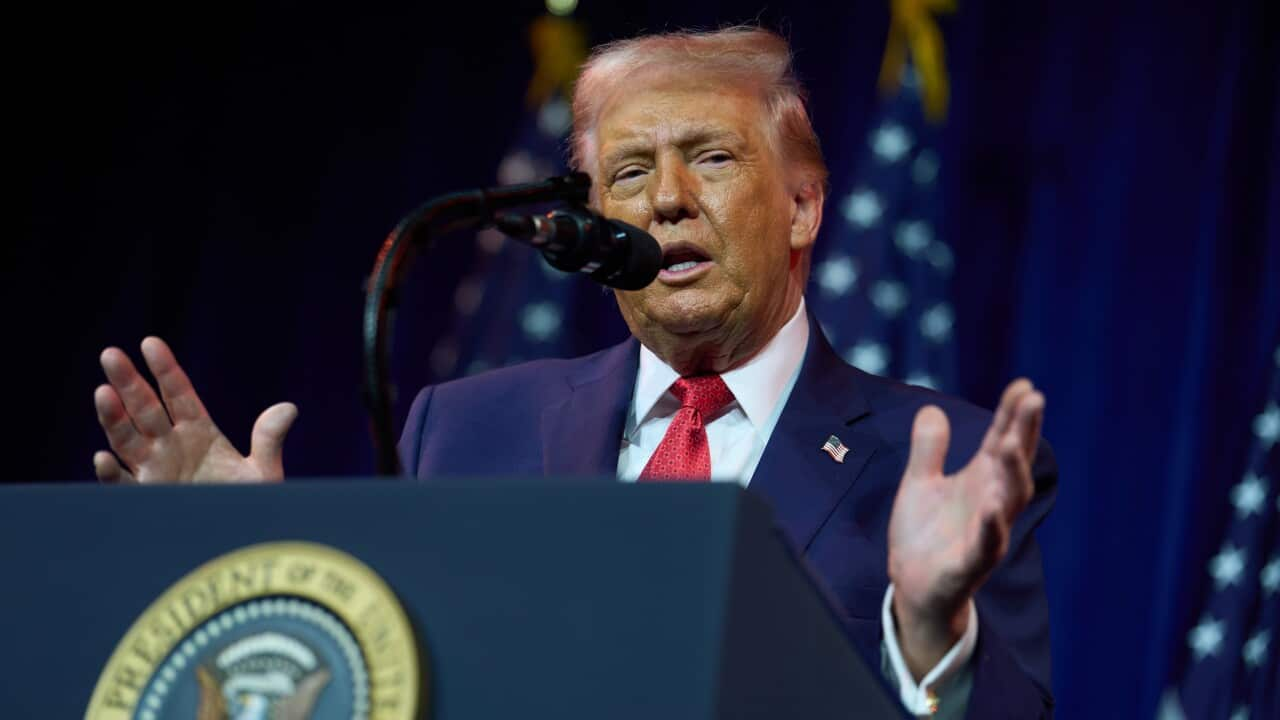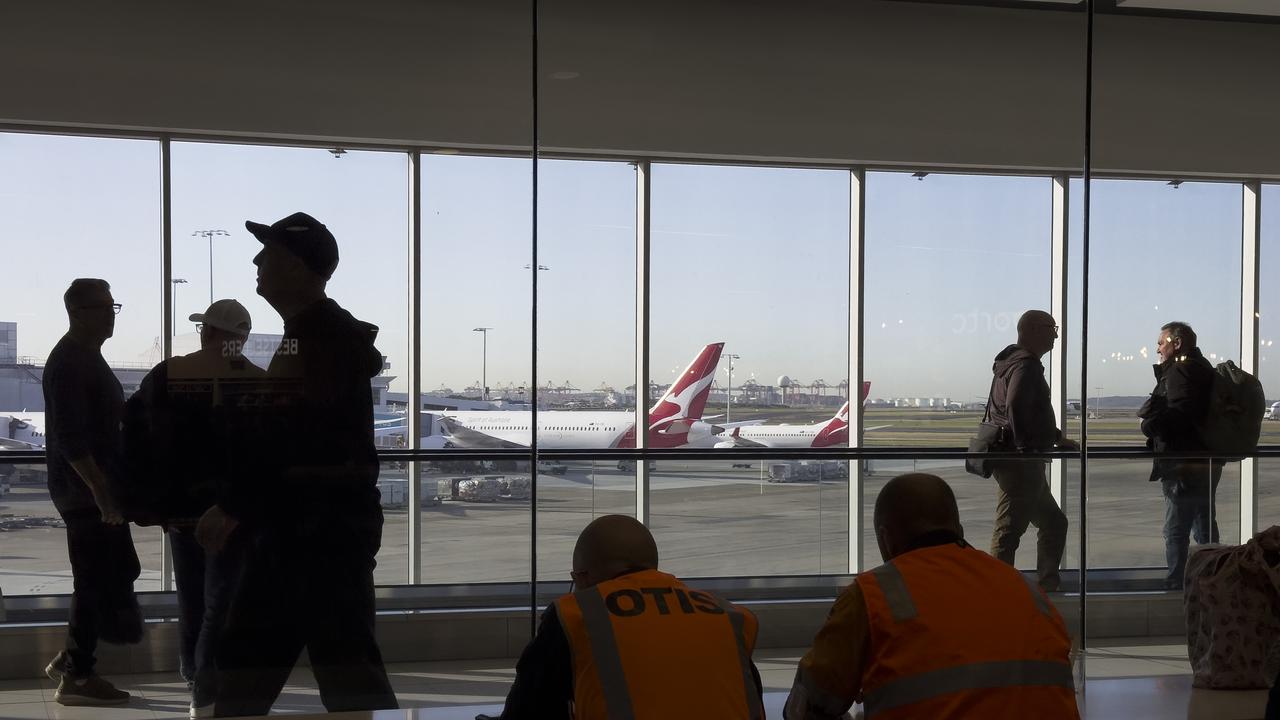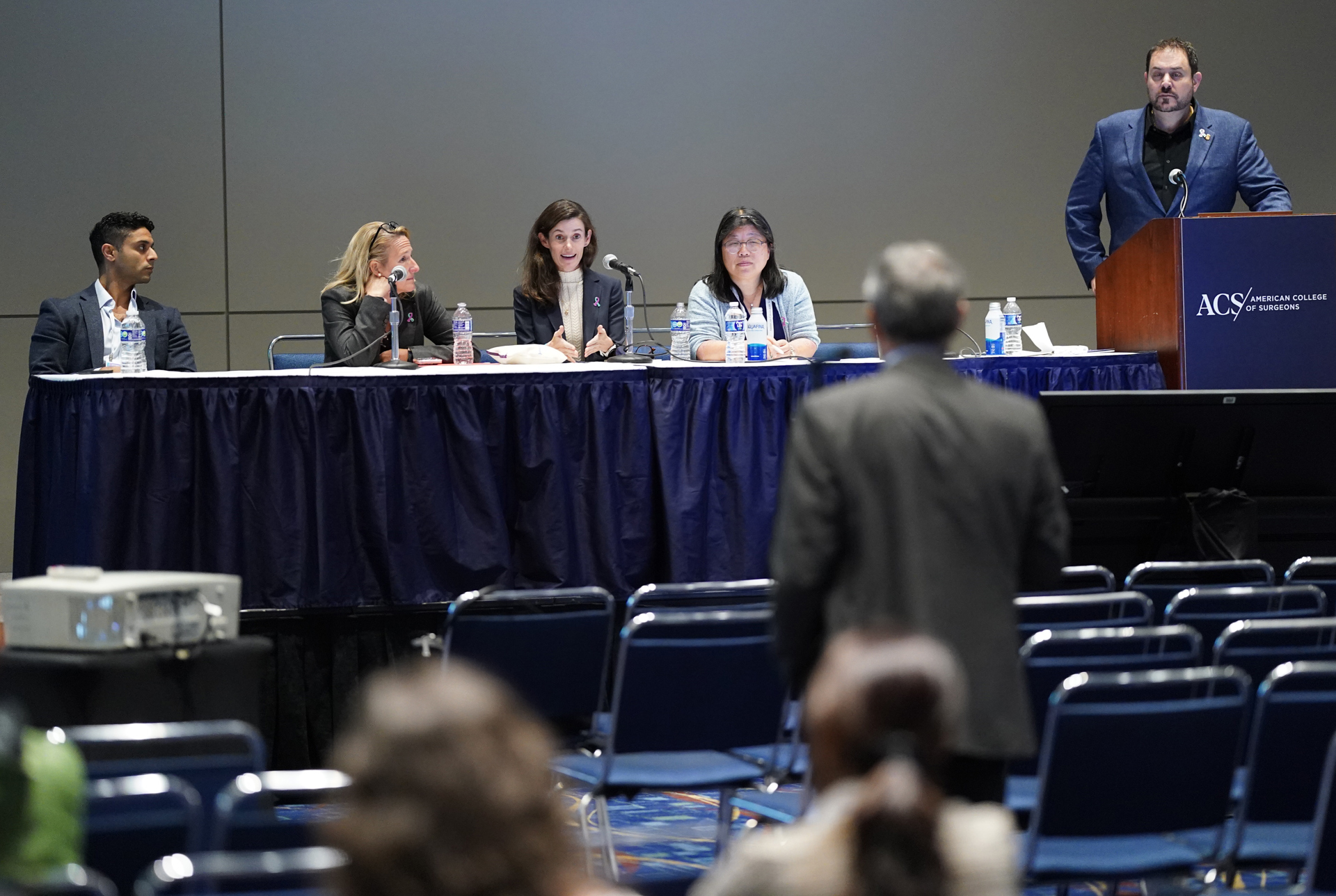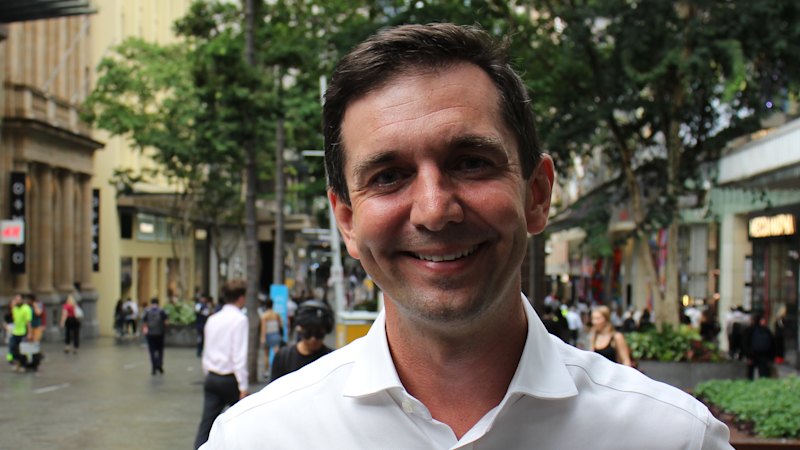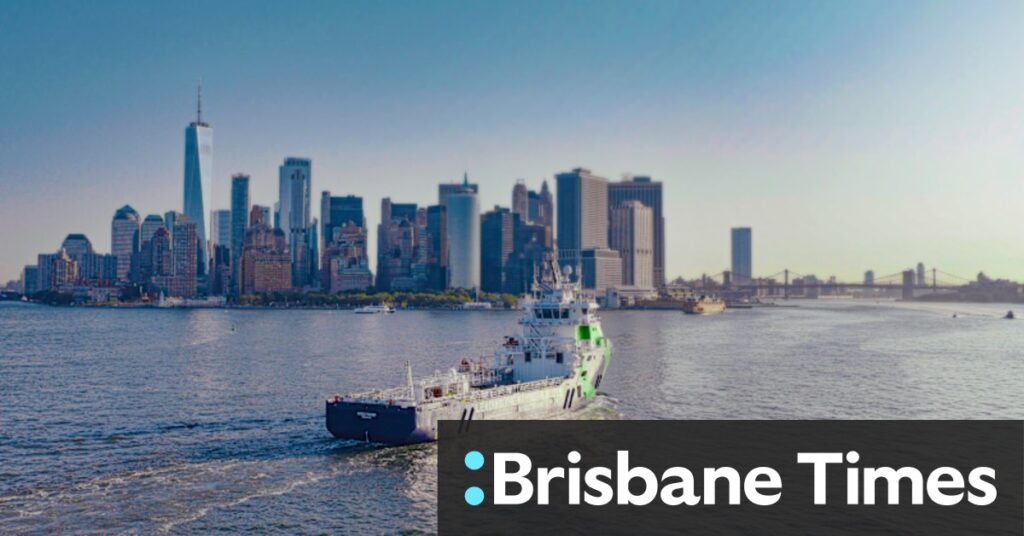
WASHINGTON: Australian mining billionaire Andrew “Twiggy” Forrest has launched a scathing critique of US President Donald Trump’s energy policies, labeling them as “gobsmackingly illogical.” Forrest, who arrived in New York for a major United Nations summit, accused Trump of pandering to oil and gas donors.
Forrest, through his company Fortescue Metals Group, is a proponent of a net zero emissions regime for global shipping. This initiative, which is expected to be formally adopted next month by the International Maritime Organisation, aims to introduce a carbon price and mandate the use of green fuels in an industry responsible for 3% of global emissions. However, the Trump administration has expressed strong opposition to the framework, describing it as a “global carbon tax on Americans” and threatening retaliatory measures against supporting countries.
The arrival of Fortescue’s green ammonia-powered ship, the Green Pioneer, in New York on Friday marked the beginning of the UN summit, which will see attendance from Trump, Australian Prime Minister Anthony Albanese, and numerous other leaders. Forrest has also taken out full-page advertisements in The New York Times and across New York City, urging the US government to reconsider its stance.
Forrest’s Critique and the US Administration’s Response
In an interview, Forrest expressed surprise at the US aligning with oil-rich Gulf states against the green shipping initiative.
“The Republicans won an election on promoting oil and gas and saying global warming’s a hoax. There’s not a scientist in the world – and soon there won’t be many citizens in the world – who believe that,” Forrest stated.
Trump’s administration, which came to power with a promise to expand American oil and gas production, has been vocal in its opposition. A statement from US officials, including Secretary of State Marco Rubio, criticized the proposed shipping policy as being pro-China and anti-American, claiming it would increase costs for consumers.
Forrest countered these claims, arguing that the US should focus on securing the lowest cost, highest volume energy, regardless of its source.
“To quarantine your people to just oil and gas, and geopoliticise it by saying, ‘Oh, you’re backing China instead of us’ – no. You, America, should be getting the lowest cost, highest volume energy you can into your economy,” he said.
The Global Context and Australia’s Position
The maritime net zero framework was initially voted on in April, during which Australia abstained due to its federal government being in caretaker mode. Federal Transport Minister Catherine King recently confirmed that Australia’s position remains undecided.
Forrest emphasized Australia’s potential in renewable energy, citing its abundant sun and wind resources.
“We have more sun and wind than most countries in the entire world. We have very little oil. No bunker fuel oil. No diesel. So why the hell would we not vote for [it]?” he questioned.
The Lowy Institute has described the maritime net zero proposal as “historic” and a significant step in global climate efforts. However, the staunch US opposition has led some major shipping companies to call for revisions to the draft framework.
Implications and Future Prospects
Reports indicate that the US has intensified threats against the framework’s supporters, with the State Department considering tariffs, visa restrictions, and port levies should the initiative succeed in the upcoming IMO extraordinary session vote. The department is also encouraging allies to adopt similar measures.
The outcome of the UN summit and the forthcoming IMO vote will be critical in determining the future of global shipping emissions policies. As the debate continues, the international community watches closely to see if environmental priorities will triumph over political and economic interests.
Forrest’s outspoken advocacy highlights the growing tension between traditional energy sectors and emerging green technologies, a dynamic that could shape global energy policies for years to come.


